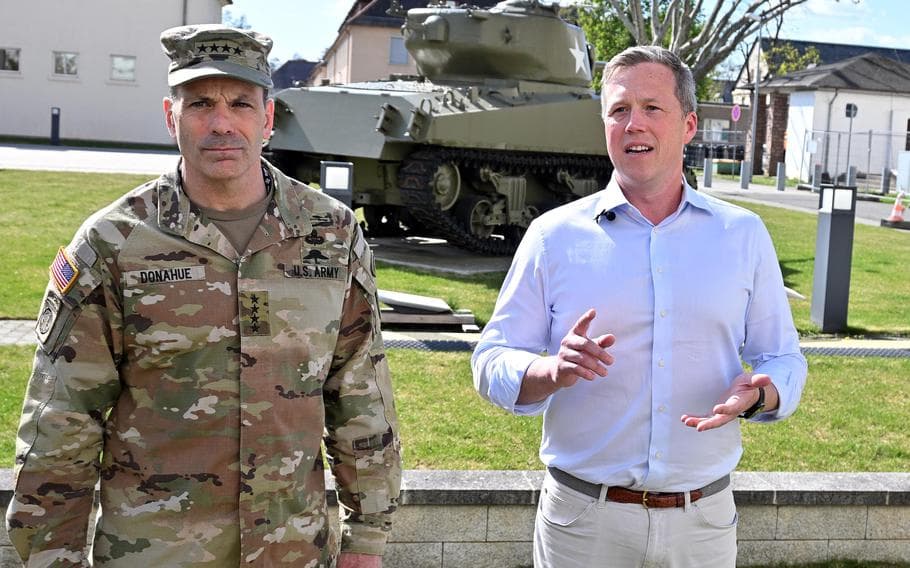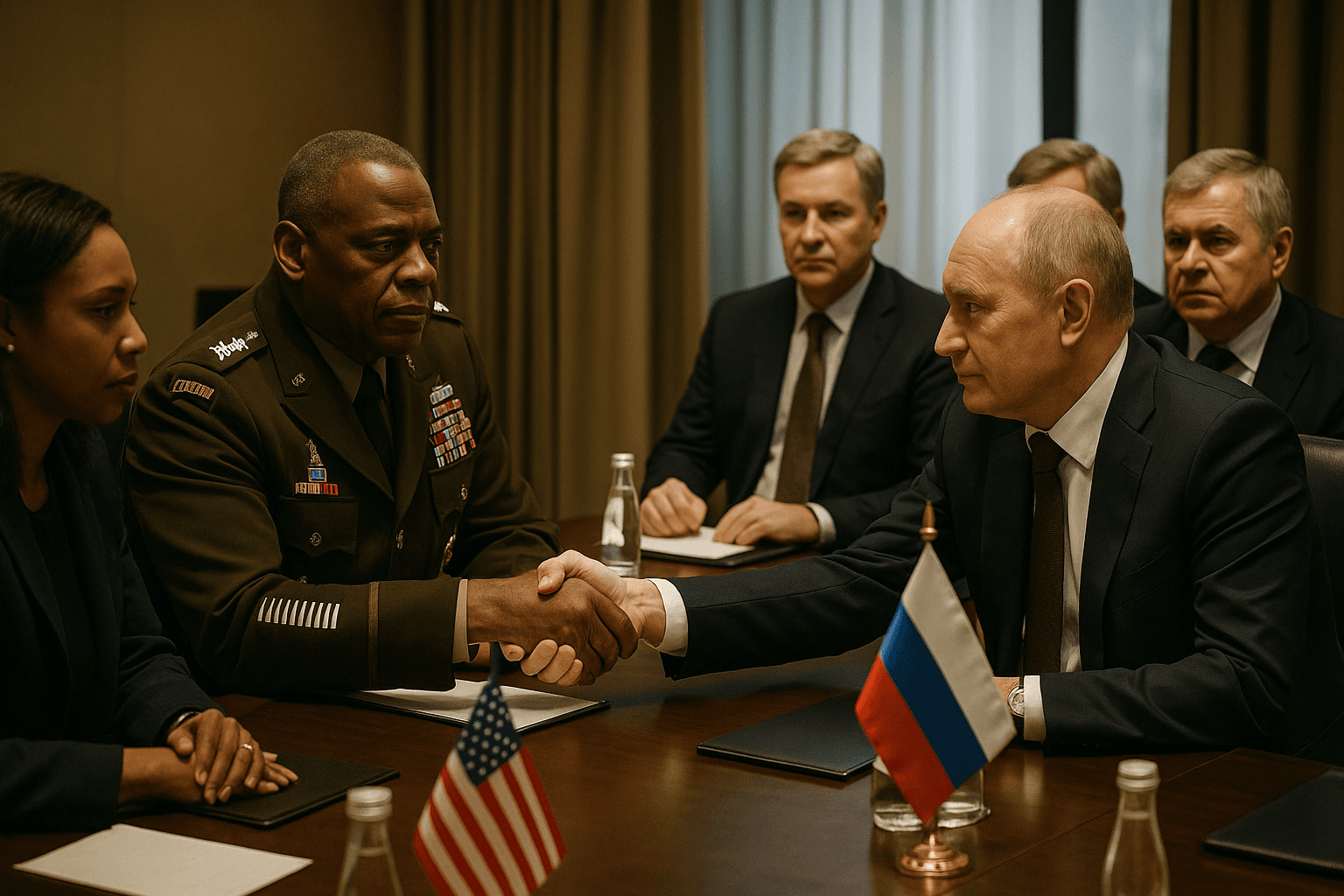U.S. Army Secretary Meets Russian Delegation in Abu Dhabi on Peace Push
U.S. Army Secretary Dan Driscoll travels to Abu Dhabi and holds talks with a Russian delegation as Washington presses to narrow gaps between Kyiv, Moscow and a U.S. led peace framework, signaling a high stakes diplomatic push. The meetings, which began late Monday and continued into Tuesday, matter because they could shape a revised negotiating architecture for a war that has reshaped global markets and defense budgets.

U.S. Army Secretary Dan Driscoll met with a Russian delegation in Abu Dhabi beginning late Monday and continuing into Tuesday in a sensitive set of talks aimed at closing differences over proposals to end the war in Ukraine, U.S. officials say. The discussions are part of an American effort to narrow gaps between Kyiv, Moscow and a U.S. led peace framework that Washington has revised in recent weeks in response to feedback from Ukraine and European partners.
The meetings were described by a U.S. official quoted by Reuters and carried by multiple outlets, with U.S. officials speaking largely on background and the White House offering limited public comment. Details about the Russian participants were not disclosed. Driscoll was also expected to meet Ukrainian representatives in Abu Dhabi, underscoring the triangular nature of the consultations and the United States role as an intermediary.
The talks come more than three years after Russia launched a full scale invasion in February 2022, a conflict that has driven significant reallocations of defense spending, disrupted energy markets and weighed on growth in Europe and beyond. U.S. officials have reworked portions of an initial framework, trimming elements in an attempt to secure Ukrainian buy in and to align allied expectations, according to reporting on the meetings. The precise changes to the framework were not publicly detailed.
The presence of the U.S. Army Secretary rather than a State Department lead reflects a tactical choice by Washington, signaling that military technical issues and battlefield realities remain central to any political settlement. Military to military dialogue can focus on ceasefire mechanics, withdrawal timelines and verification measures in ways that conventional diplomatic channels may not. That emphasis matters for planners in Kyiv and Moscow, and for allied capitals trying to reconcile security guarantees with political compromises.

Markets and policymakers are watching closely because progress toward talks could reduce uncertainty that has elevated energy price volatility and lent support to defense contractors and sovereign borrowing by European states that have increased spending on security. Conversely a breakdown in negotiations could sustain the risk premium that has pushed up costs for governments financing both wartime support and reconstruction needs. Fiscal planners across Europe and in the United States are balancing immediate support for Ukraine with medium term pressures on budgets and public investment.
The Abu Dhabi meetings represent another iteration in a fraught process in which Washington tries to mediate without dictating terms. With details guarded and participants unnamed, success will be judged not by public statements but by whether the consultations produce tangible convergence on the mechanics of a ceasefire and a roadmap for political settlement. Further talks with Ukrainian delegates later in Abu Dhabi will be watched as an immediate test of whether the U.S. revisions to its framework can bridge the deeply entrenched positions that have sustained the war.

